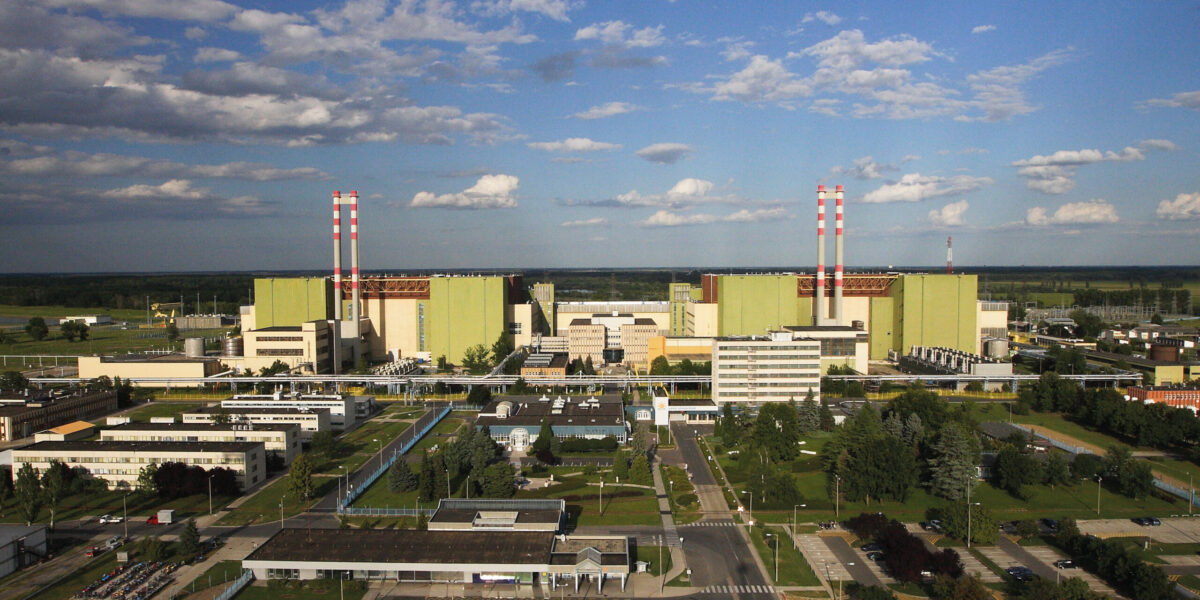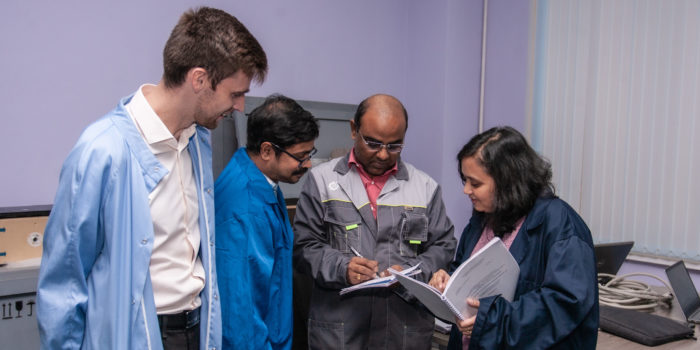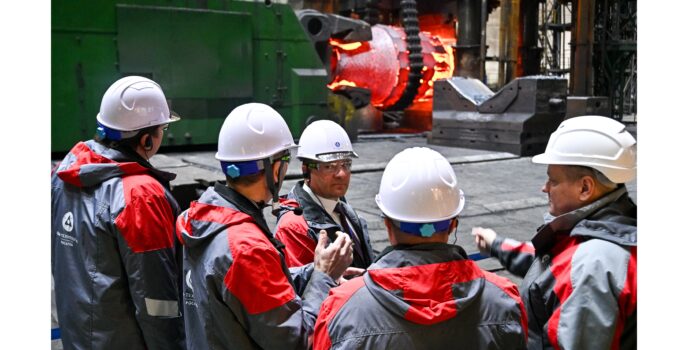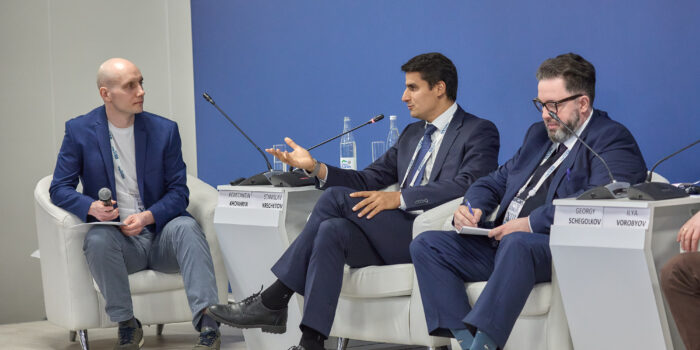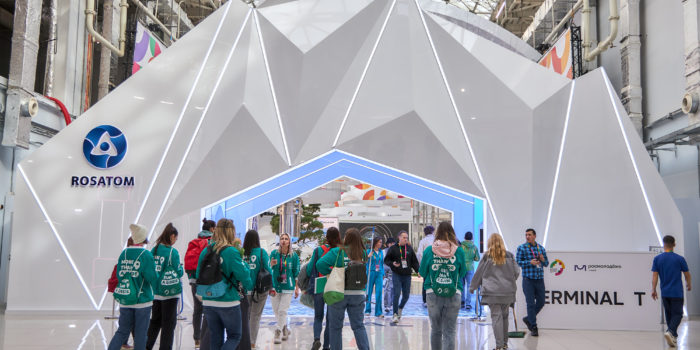Rosatom office was opened in Budapest (Hungary) in 2012.
Paks II NPP
The Paks II NPP Project is being implemented based on the Russian-Hungarian intergovernmental agreement dated January 14, 2014 and three basic EPC contracts dated December 9, 2014 for the construction of a new plant.
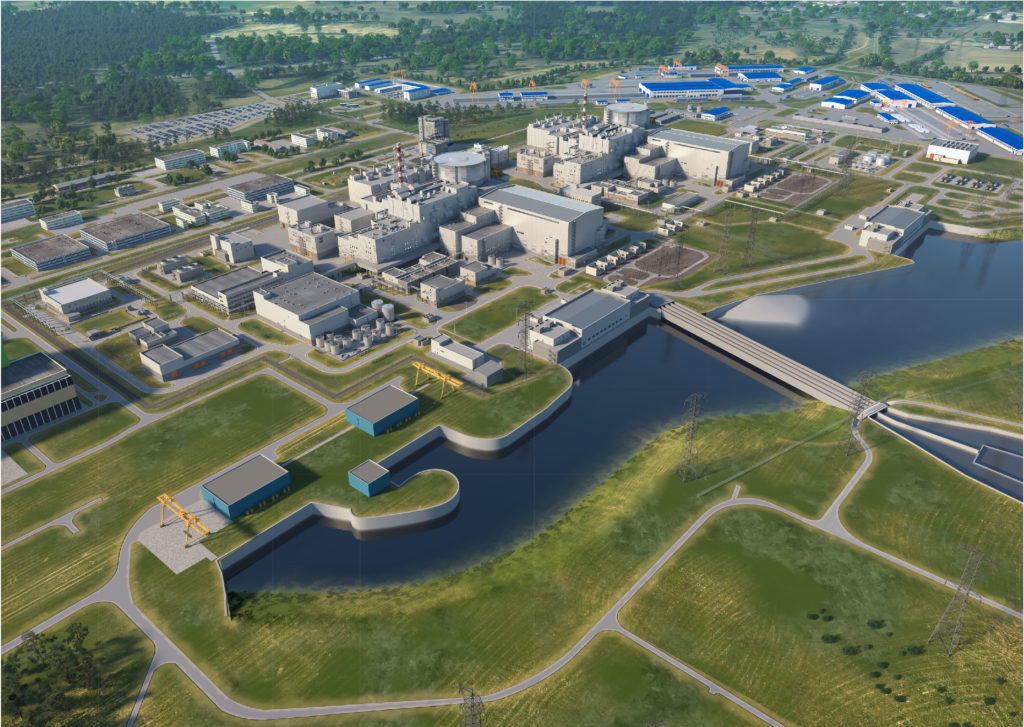
For Hungary, the nuclear power industry has been the main way to ensure energy security for more than four decades. Hungary’s only Paks NPP with 4 VVER-440 reactors with a capacity of 2000 MW generates half of the electricity produced and one third of the electricity consumed in Hungary. The planned commissioning of two new Generation III+ VVER-1200 power units by early 2030s will increase the share of nuclear power in Hungary to achieve more than two-thirds of the country’s energy balance.
Paks II NPP was granted the construction permit on August 25, 2022. The principal permit was issued by the Hungarian regulatory body – the Hungarian Atomic Energy Authority (OAH), taking the project forward from the design phase to the construction phase.
Current status of Paks II NPP project
At present, before the first concrete pouring stage, excavation works are underway, construction and assembly base facilities are being built. About 120 buildings and structures will be built, including workshops, repair shops, warehouses, parking lots and roads.

The first concrete for Paks II NPP foundation is scheduled for the first half of 2025, but if the works proceed at the current pace, this project milestone could take place as early as 2024.
Personnel and development of local communities
Localization expressed in the volume of direct orders to local industry amounts to approximately €4 billion. First of all, it involves construction, survey, engineering of various facilities and work related to the construction of a nuclear power plant at all its stages. In addition, the construction of Paks II NPP will promote the development of infrastructure (construction of new housing, kindergartens, schools, development of catering, recreation, education, etc.).
Taking into account the possibility of project localization in Hungary, the construction of power units has a significant positive impact on the growth of gross product. Alongside that, the construction of nuclear power plants increases the demand for engineering and nuclear occupations, such as nuclear medicine, chemical industry, etc. Overall, the country will benefit from energy stability, energy independence, and predictability of price per KWh, as well as boost the development of infrastructure and related economic sectors.
Paks II NPP contributes significantly not only to the country’s energy supply – it will generate up to 19 TWh per year. This will cover over 40% of the country’s electricity demand. Importantly, Paks II NPP will help prevent 17 million tons of carbon dioxide emissions annually. In other words, the new NPP will make it possible to avoid burning up 5 billion cubic meters of natural gas.
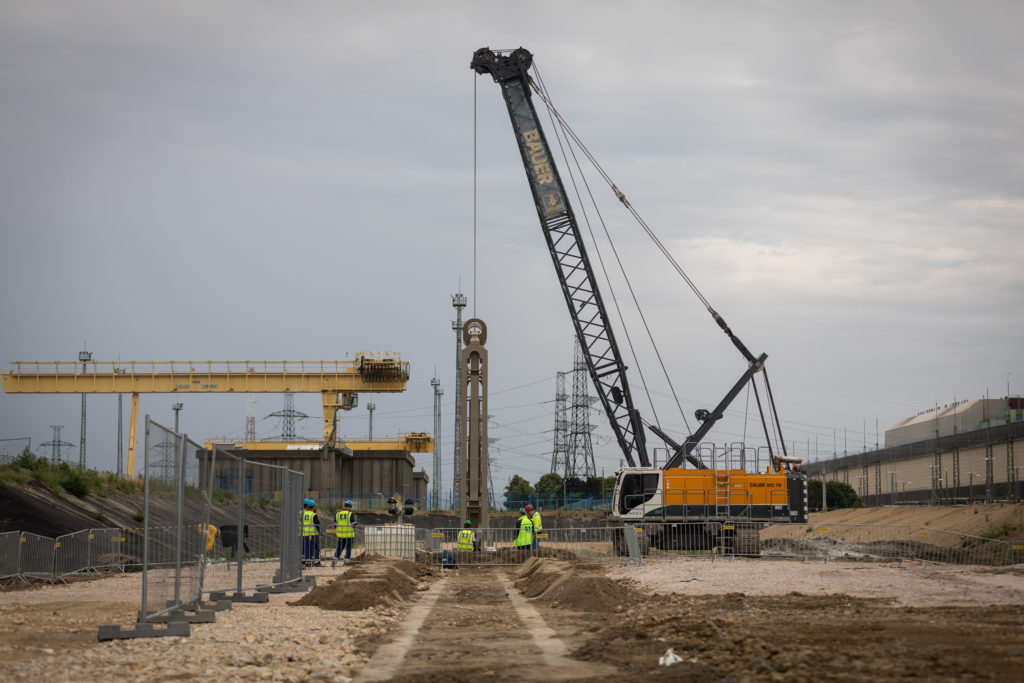
Paks II NPP project contribution to the economy of Hungary
Given the natural features of Hungary, there are no alternatives to Paks NPP. Nuclear industry accounts for 49% of the country’s energy mix, gas-fired CHP plants (mainly combined cycle) account for 27%, coal accounts for 12%, while renewables account for 12%. In the future, in addition to nuclear power, alternative energy, mainly solar power, will be present in the country’s energy supply. The goal of Hungary is to produce 90% of electricity without greenhouse gas emissions by 2030.
Paks II NPP is being built in line with the Hungarian government’s energy strategy to ensure the country’s energy security, reduce carbon dioxide emissions and create affordable energy sources.
Currently, Paks NPP generates the cheapest electricity in Hungary. The new 1200 MW Generation III+ Units 5 and 6 will be connected to the grid in the early 2030s.
The competitiveness of the new power units is ensured through long service life and low operating costs, as well as a stable low price for nuclear fuel. Taking into account the technical and financial parameters, the cost of electricity from Paks II NPP will be about 55 euros
per 1 MWh, which is undoubtedly competitive compared to other types of generation and electricity prices in Europe already today. The Hungarian economy in the present format of cooperation receives not only a strong boost in its development, but also an increase in the volume of taxes and payments to the budgets of all levels.
Public acceptance
According to the latest opinion poll held in January 2023 by Nézőpont Institute in Hungary, nuclear energy is the most known source of energy. 77% of the respondents are familiar with the notion of nuclear energy. More than half of those polled in Hungary (53%) support the construction of two new power units at Paks II NPP using Russian technology. At the same time, respondents who have heard of Rosatom highly appreciate the company’s competitiveness, safety, and reliability. Majority of respondents (56%) agrees with the statement that nuclear power plants help reduce the harmful effects of climate change.

